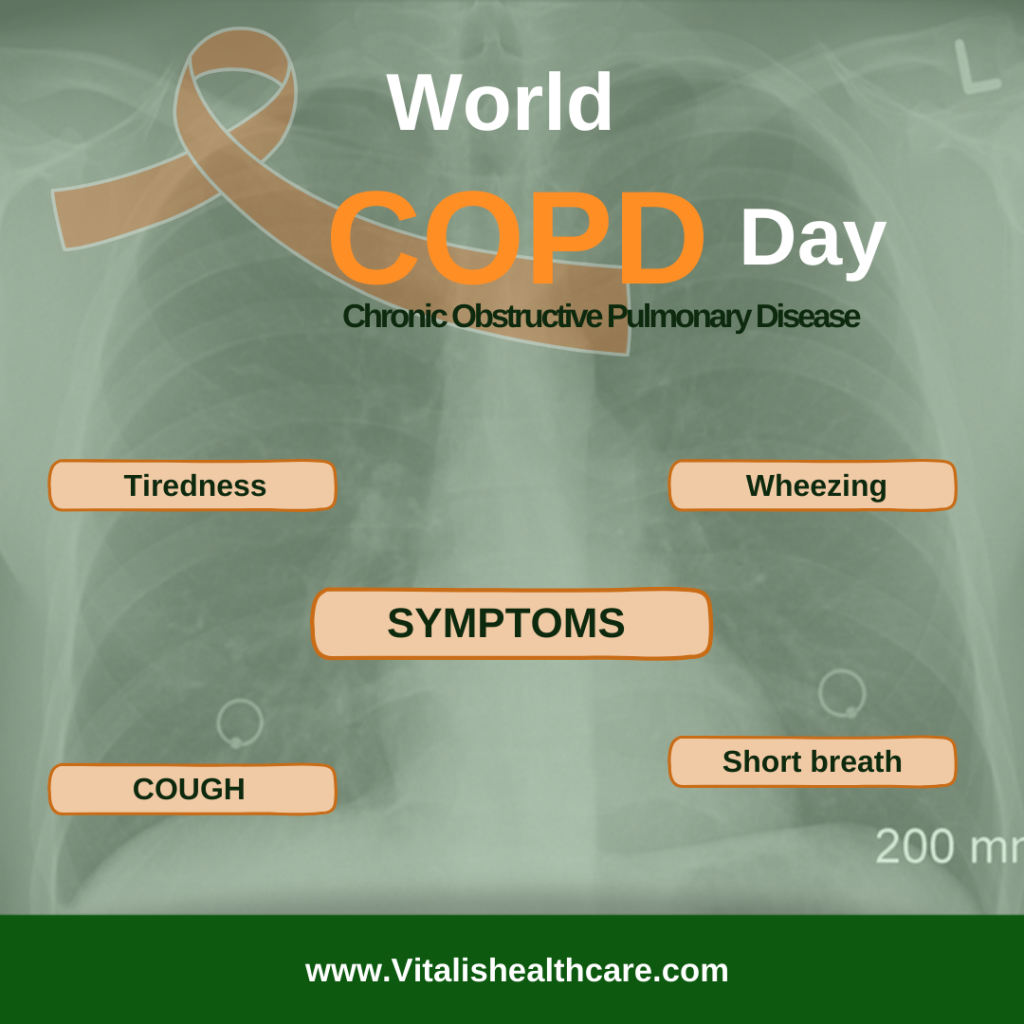Chronic Obstructive Pulmonary Disease (COPD) is a progressive lung disease that can significantly impact the lives of seniors. According to the World Health Organization(WHO), COPD is the third leading cause of death worldwide, with an estimated 3.23 million deaths in 2019.
In the United States, it affects over 16 million adults, and many more may be undiagnosed.
People with COPD may experience lung blockage with phlegm, causing symptoms such as; cough, difficulty breathing, wheezing and tiredness. Smoking and air pollution are major causes of COPD.
COPD is not curable, but the symptoms can be reduced if one avoids smoking, reduces exposure to contaminated air and gets vaccines to reduce infection.
People with COPD are at higher risk of other health problems which includes;
- Lung infection
- Lung cancer
- Heart problems
- Weak muscles
- Depression and anxiety.
For seniors, managing COPD effectively is essential for maintaining quality of life and independence. Here are some lifestyle changes that can help seniors manage COPD more effectively.
- Quit Smoking: Smoking is the leading cause of COPD. For seniors who smoke, quitting is the most critical step. According to the Centers for Disease Control and Prevention (CDC), quitting smoking can slow the progression of COPD and improve lung function. Various resources, such as counseling and nicotine replacement therapies, can support the quitting process.
- Engage in Pulmonary Rehabilitation: Pulmonary rehabilitation is a structured program that includes exercise, education, and support tailored for individuals with COPD. Participating in such programs can improve exercise capacity, reduce symptoms, and enhance the quality of life.
- Maintain a Healthy Diet: A nutritious diet can help manage COPD symptoms. Focus on a well-balanced diet rich in fruits, vegetables, whole grains, and lean proteins. Avoid processed foods high in sodium, which can lead to fluid retention and exacerbate breathing issues.
- Stay Active: Regular physical activity is crucial for maintaining lung health. Low-impact exercises, such as walking, swimming, or yoga, can strengthen respiratory muscles and improve overall endurance. Aim for at least 150 minutes of moderate activity each week, as recommended by the American Heart Association.
- Practice Breathing Techniques: Learning and practicing breathing techniques can help seniors manage shortness of breath. Techniques such as pursed-lip breathing and diaphragmatic breathing can enhance oxygen intake and promote relaxation. Working with a respiratory therapist can provide valuable guidance.
Living with COPD can be challenging, but with the right lifestyle changes, seniors can significantly improve their quality of life. By quitting smoking, engaging in pulmonary rehabilitation, maintaining a healthy diet, and staying active, seniors can take control of their health and manage symptoms more effectively.
At Vitalis Healthcare, we provide compassionate home healthcare services to individuals living with or recovering from chronic illnesses or conditions. Our team of registered nurses and experienced caregivers are constantly and efficiently trained to provide the best quality care to our patients.
If you or your loved one is in need of professional home care services, contact us today!
Phone Number: 240.716.6874
Email: info@vitalishealthcare.com
Location: We provide our services in every county in the State of Maryland, United States of America.
8757 Georgia Avenue Suite 440 Silver Spring, MD 20910


